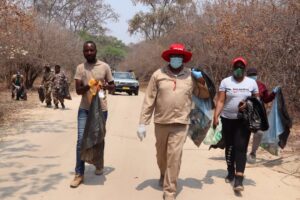
By: Andrew Kathindi
The environment minister Pohamba Shifeta says that the government is currently considering a total ban on plastics.
In 2019, the government introduced a plastic levy in which retail stores where charged N$0.50 cents per plastic bag in order to discourage the use of plastic bags.
The cost of these levies was then transferred to customers who wished to have their groceries packed in plastic bags.
According to Shifeta, the environment ministry is considering this move as plastic pollution presents the greatest challenge to both terrestrial and aquatic biodiversity in the country.
Shifeta made these remarks during the commemoration of the world Clean Up Day held in Katima Mulilo in the Zambezi Region on Saturday.
“The greatest challenge Namibia is facing today is environmental pollution through physical littering which remains a challenge to environmental management and protection especially water, air, soil and land surface.”
Shifeta further stated that “pollution through littering remains the biggest challenge in Namibia, due to limited resources and capacity at regional, local authorities, settlement and village councils.”
President Hage Geingob introduced the National Clean-up Campaign initiative in 2018 and the environment ministry continues to coordinate countrywide the exercise to keep our country clean and minimize the impact of pollution to the environment.
Shifeta said the government will continue to promote the adoption of clean production mechanisms and the circular economy of reuse, re-cycle to minimise the generation of waste at sources of production and scale up the existing recycling activities in the country.
Tanzania, Kenya, Ethiopia, Uganda, Tunisia, Morocco, Rwanda, Uganda, Somalia and Eritrea are some other African countries to have instituted complete ban on plastic bags.
Botswana had in 2018 announced a countrywide ban on plastic bags, which was meant to come into effect on 1 November 2018, however the decision was later reversed by government to allow for more consultations according to media reports.
Shifeta also said that while the Environmental Management Act (EMA) has identified some activities that require Environmental Impact Assessment to mitigate or manage their impact on the environment, there is still a huge concern of non-adherence to the provisions of the EMA, “particularly when it comes to waste management and disposal. As a country we seem to be failing to manage the waste we are generating in our businesses, residences and homes threatening the functionality of the environment.”
Under the government gazette of 2 August 2019, plastic bag items for which the levy applies includes flat bags, of other thermoplastic materials, (excluding immediate packings, zip-lock bags and household bags including refuse bags and refuse bin liners).
The former finance ministry spokesperson, Tonateni Shidhudhu, government was expected to make about N$14 million per annum on the plastic bag levy.
The world Clean-up day began in 2008 in a small former Soviet Republic of Estonia, North of Europe when a group of 50 000 Estonians united to clean up their entire country in just five hours. On that day, a global bottom-up civic movement was born spreading like wildfire around the globe. As a result, every year Namibia joins the Global community on this World Clean-up Day to commemorate the day and for cleaning up our country there by contributing to humanity’s aspiration for a clean and healthy world.


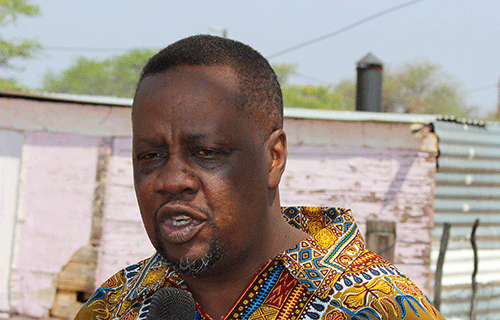

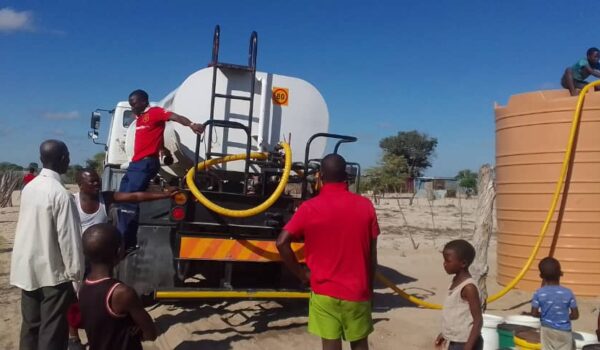
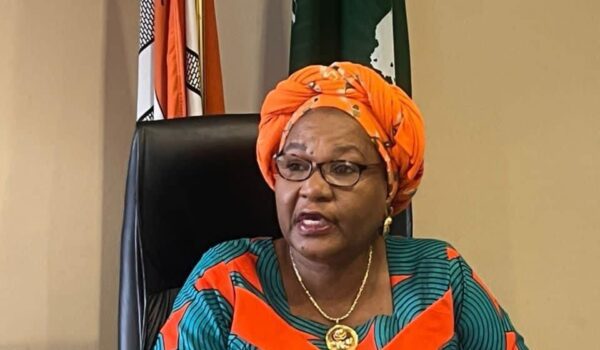
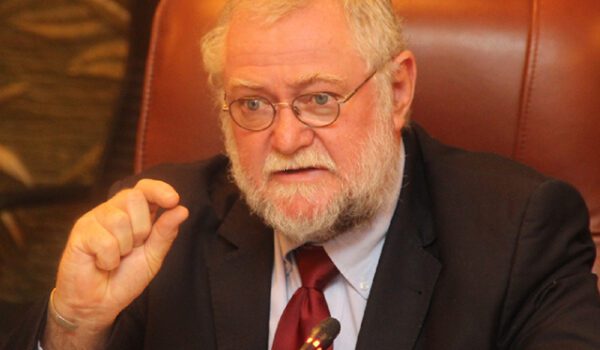
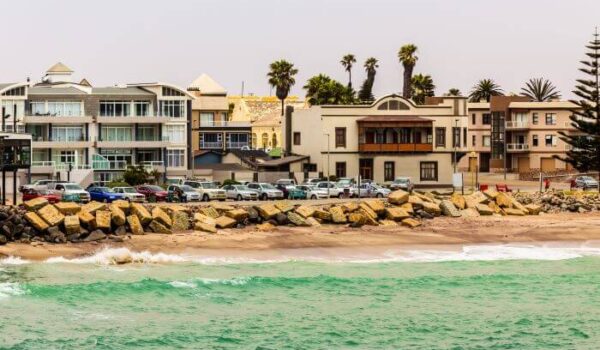
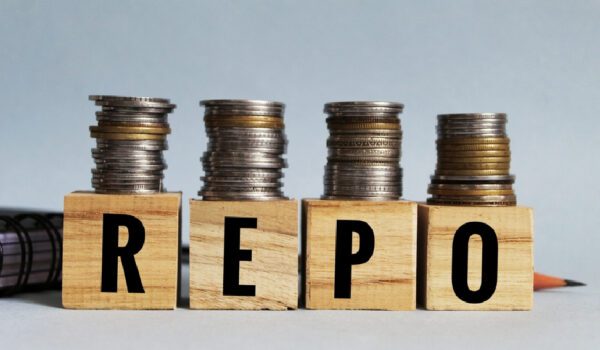
Comments